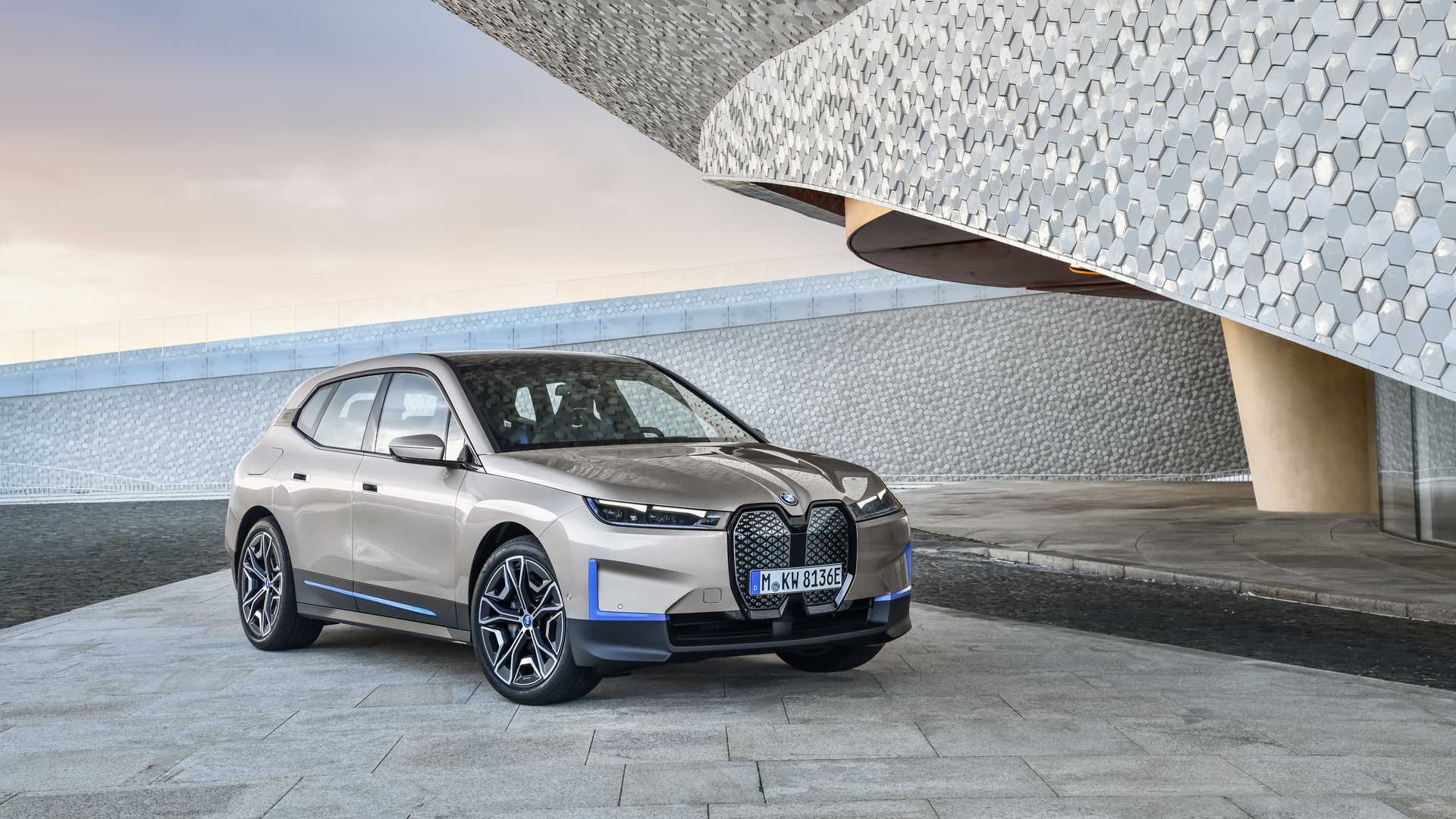After almost a decade with the i3 being its only standard in 100% electric mobility, the German manufacturer BMW is in full expansion of its “i” range: the recently presented iX3 and iX SUVs will be joined in 2021 by the i4 sedan, while the launch of the iX1 and i7 is planned for 2022, which will respectively become the entry model and the flagship of this family of models.
For the moment, BMW’s electrification strategy will be based on the use of multi-energy platforms adapted to thermal powertrains (gasoline and diesel), plug-in hybrids, and electric. This will allow the brand to reduce its electric models’ development costs and use standard production lines, among other things.
However, Frank Weber, BMW’s director of development, believes that if the automotive industry does not start using more renewable energy to produce electric cars, carbon dioxide emissions will increase during the transition to electric mobility instead of reduced.

“Electric mobility would increase carbon dioxide emissions per vehicle in the production chain by more than a third by 2030. We want to avoid that and reduce carbon dioxide emissions by up to 20% compared to 2019. We are already producing cells and modules exclusively with sustainable electricity. Electric mobility only works if we close the cycles of resources. Otherwise, we will only switch emissions from driving to production.”
According to Weber, the key to ensuring electric cars’ sustainability lies in producing and recycling batteries. It also cites the size of the pack itself as an essential point because the more extensive the batteries, the less ecological they are, something that other experts have previously warned about.
“Of course, the ‘range anxiety’ can be solved by reaching a reasonable autonomy threshold. In our opinion, that threshold is between 500 and 600 kilometers. For the moment, BMW rules out making its cells. From today’s perspective, we will not produce cells for our vehicles because technology is changing. It would not be the right time to start producing them.”

